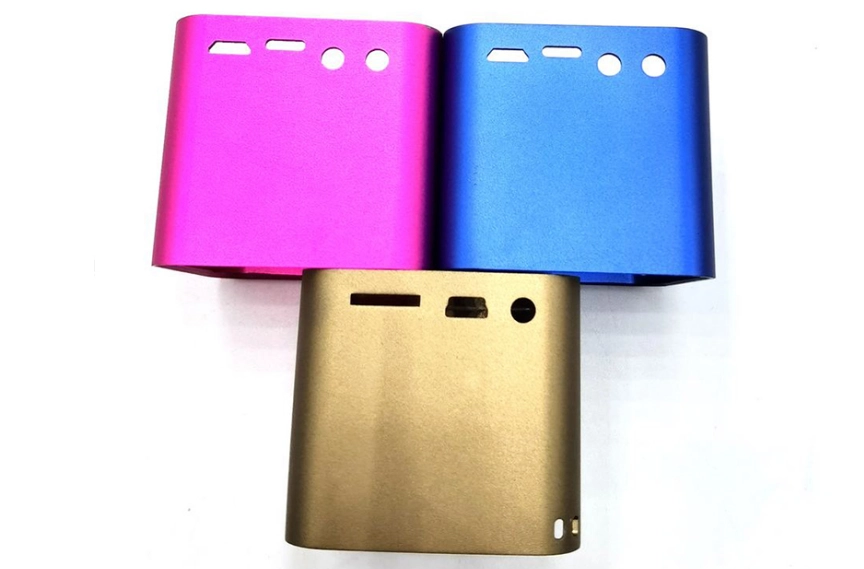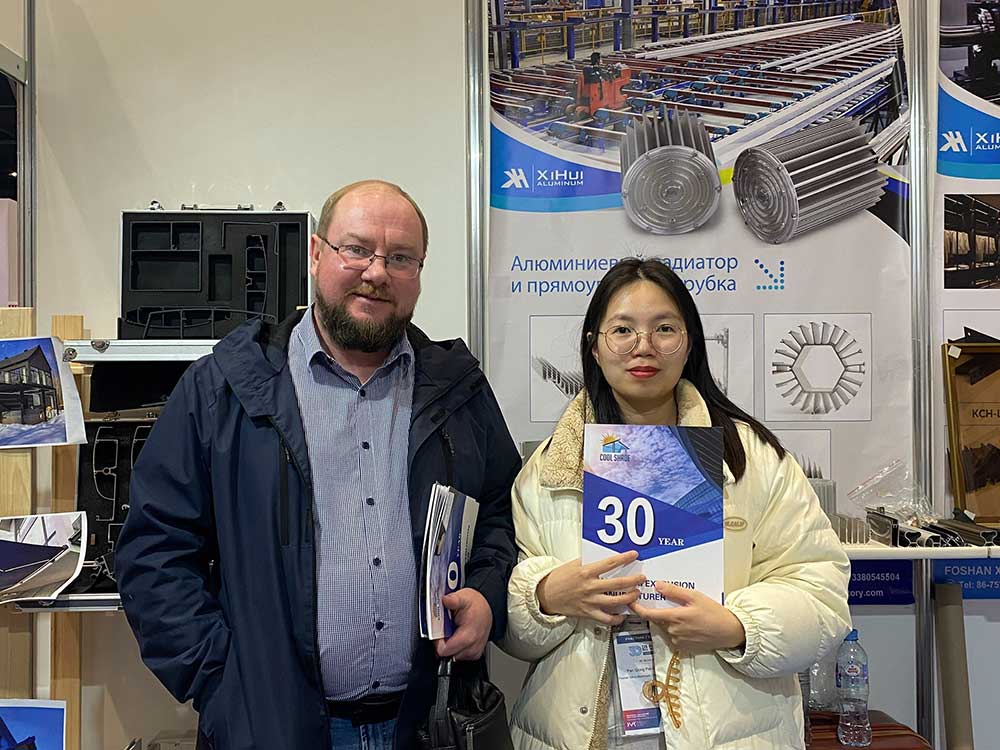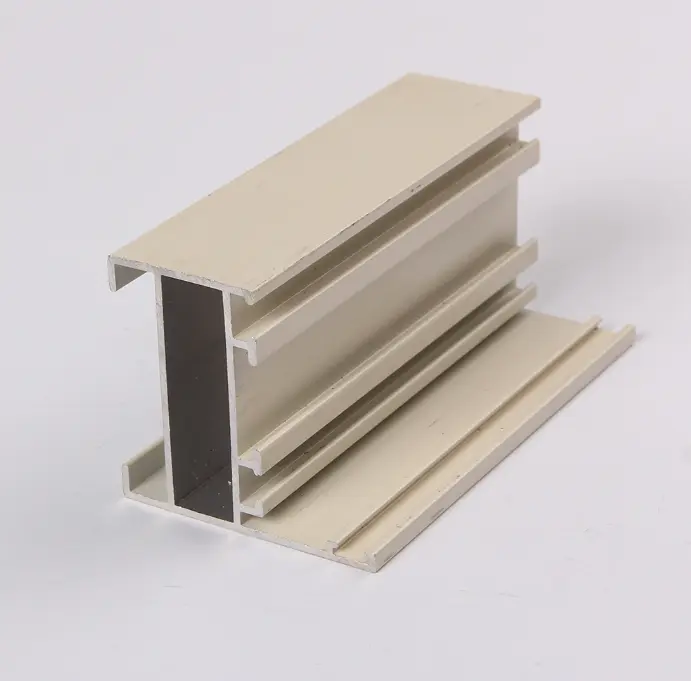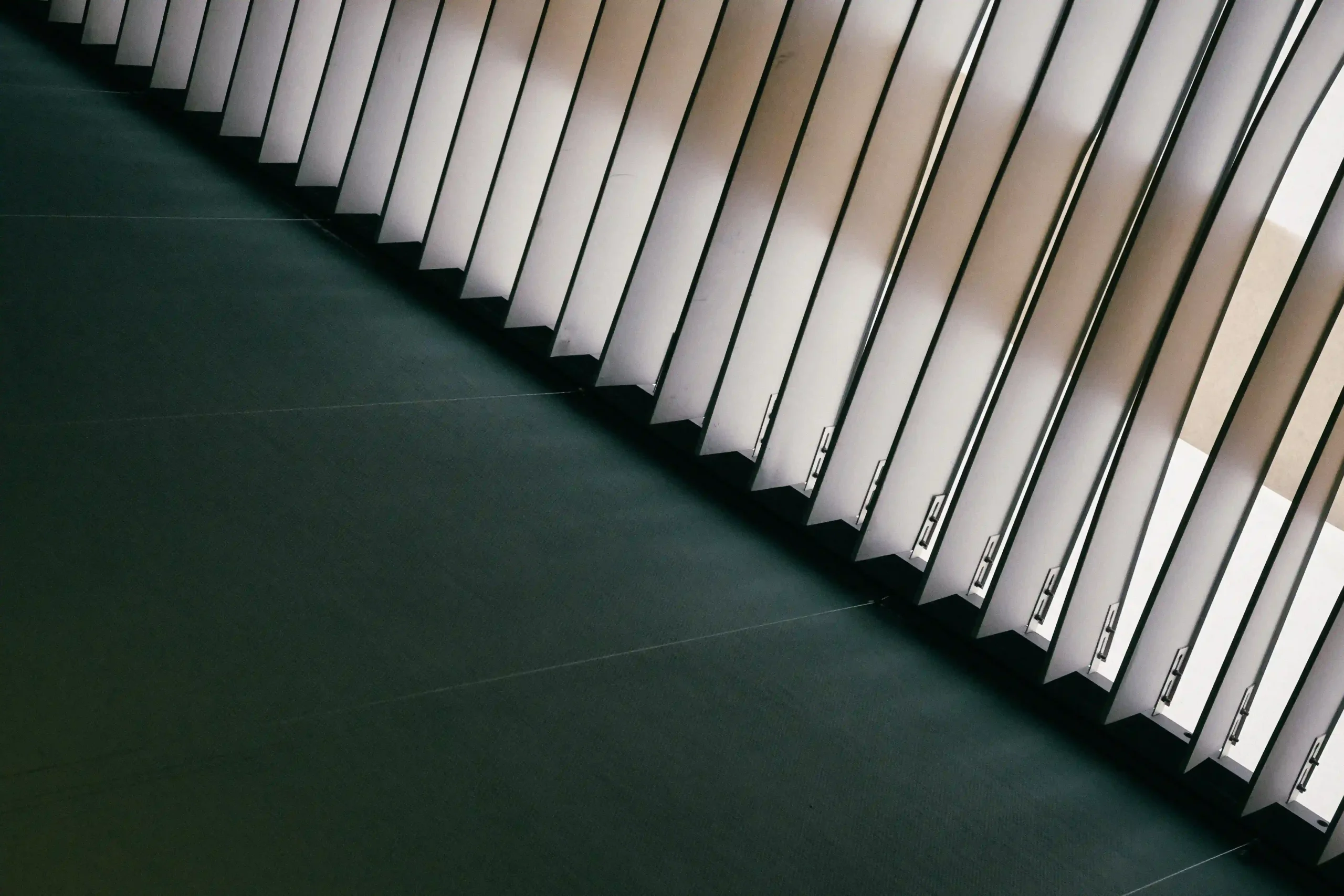
Advanced aluminum extrusion thickness transforms projects. It boosts strength in aerospace, construction, and heavy machinery. This guide explores vital innovations. Learn to optimize your work!
Factors Influencing the Thickness of Aluminum Extrusions
Grasping extrusion thickness is key to success. Crucial elements include material traits, die structure, and production settings.
Material Properties and Alloy Selection
The thickness of aluminum extrusions hinges on material qualities. The alloy type plays a big role. Popular alloys like 6061 and 6063 shine. They offer superb strength-to-weight balance. They also resist rust. These alloys support varied thicknesses. They range from slim shapes to sturdy forms. The alloy choice shapes mechanical traits. These include tensile strength and stretch ability. They affect how thick an extrusion can be. Yet, they ensure structural soundness.
Alloy aluminum content matters too. Higher purity alloys are more pliable. They allow thicker shapes without quality loss. Typically, these alloys have about 97% aluminum. This guarantees toughness and reliability.
Manufacturing Techniques and Equipment Capabilities
Production methods heavily influence extrusion thickness. Cutting-edge techniques excel here. Direct extrusion and impact extrusion are examples. They create profiles efficiently. They handle varying thicknesses. The equipment must be robust. It needs to manage pressure for thicker extrusions. This avoids flaws.
High-precision machines ensure even wall thickness. They work with complex shapes. Die design is critical too. It must support desired sizes. It also ensures consistent excellence. Modern setups boast advanced anodizing and coating lines. These enhance thick extrusion production. They meet specific demands.
Design Considerations and Structural Requirements
Design factors are vital for extrusion thickness. Engineers consider multiple aspects. These include load-bearing ability, thermal growth, and environmental exposure. High-integrity uses need thicker shapes. They ensure safety and durability.
Structural needs guide wall thickness too. Stress distribution within shapes matters. For instance, heavy-duty tasks demand reinforced sections. These withstand intense forces or vibrations. By refining design settings, producers balance material use and performance. This achieves optimal results.
Applications Requiring Thick Aluminum Extrusions
Thick aluminum extrusions deliver robustness. They suit demanding tasks. Aerospace, marine, and heavy machinery sectors rely on their resilience.
Heavy-Duty Industrial Applications
Thick aluminum extrusions thrive in tough industrial settings. Their durability handles harsh conditions. They’re used in machinery bases, conveyor setups, and factory supports. Industrial shapes often have square or rectangular forms. These maximize stability. Their wear resistance suits rugged environments. Durability is essential here.
Construction and Infrastructure Projects
In construction, thick extrusions are crucial. They form strong frameworks. These appear in buildings, bridges, and other projects. They’re used in curtain walls, window frames, and door systems. Their lightweight nature pairs with great strength. Architectural shapes suit sliding windows, casement doors, and glass walls. These blend visual charm with dependable function.
Aerospace and Automotive Components
Aerospace and automotive fields depend on thick extrusions. They craft critical parts like fuselage frames, engine mounts, and chassis components. Aluminum’s strong weight-to-strength ratio boosts performance. It also cuts weight. This is vital in these sectors. Thick shapes enhance crash resistance in vehicles.
Advantages of Using Thick Aluminum Extrusions
Thick extrusions provide unmatched load-bearing ability. They resist impacts well. They’re perfect for structural and high-stress tasks across sectors.
Enhanced Strength and Durability
Thick aluminum extrusions boast superior strength. They endure heavy stress without bending or breaking. This suits load-bearing tasks. Engineers can adjust wall thickness. This meets specific performance needs. It ensures safety remains intact.
Resistance to Corrosion and Environmental Factors
Thick extrusions resist rust remarkably. Their natural oxide layer helps. So do treatments like anodizing or powder coating. These ensure longevity. They thrive in tough conditions like high humidity or chemical exposure.
For example, Xihui Aluminum’s products undergo advanced anodizing. This boosts durability. It also keeps visual appeal. Such treatments suit outdoor uses. They handle weather exposure well.
Flexibility in Customization for Specific Needs
Thick extrusions offer great adaptability. Producers tailor sizes, finishes, and features. They use ODM & OEM services. These cover design support, production tweaks, packaging, and logistics. This flexibility suits diverse sectors. It serves construction contractors and equipment makers alike.
By combining these benefits with advanced production, you achieve excellent results. They match project needs precisely. They also maximize efficiency and cost savings.
XiHui Aluminium: A Reliable Aluminum Supplier

XiHui Aluminium excels as a trusted supplier. They bring decades of expertise. Their focus on excellence shows in premium-grade aluminum materials. These ensure toughness and performance across uses. Their architectural shapes are widely used. They appear in sliding windows, casement doors, and glass walls. Precision and creativity define their products. They meet strict industry benchmarks.
XiHui offers varied thickness options. These suit specific needs. They support residential and large-scale industrial projects. Their aluminum extrusions deliver strength and dependability. Their attention to detail is unmatched. They adhere to client needs. This makes them a valued partner in construction and manufacturing.
Advanced Technology for Custom Thickness Solutions
XiHui Aluminium uses cutting-edge technology. They offer tailored thickness solutions. Their advanced extrusion methods ensure uniformity. They handle complex shapes with precision. Profile thicknesses range from 0.9mm to 2.5mm. These meet architectural and structural demands. High-precision machinery aligns with client specs perfectly.
Their facilities feature modern anodizing and coating lines. These enhance product beauty and durability. Surface treatments protect against rust. They also add a refined finish. This suits various uses. By leveraging top-tier technology, XiHui ensures every extrusion meets high-quality standards.
FAQs on Aluminum Extrusion Thickness
What is the maximum thickness achievable in aluminum extrusions?
Maximum thickness varies. It depends on alloy, production methods, and die design. No universal limit exists. Advanced equipment produces thick shapes. These meet heavy-duty needs.
How does alloy selection affect extrusion thickness?
Alloy makeup greatly impacts thickness. Alloys like 6061 or 6063 are favored. They’re pliable. They also have strong weight-to-strength balance. This allows thicker sections. Structural soundness remains intact.
Are thick aluminum extrusions more expensive than thinner ones?
Yes, thicker extrusions often cost more. They use more material. They also require higher processing effort. This is due to increased pressure. Still, their durability justifies the cost. They suit demanding tasks like industrial frames or aerospace parts.





